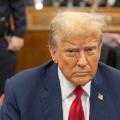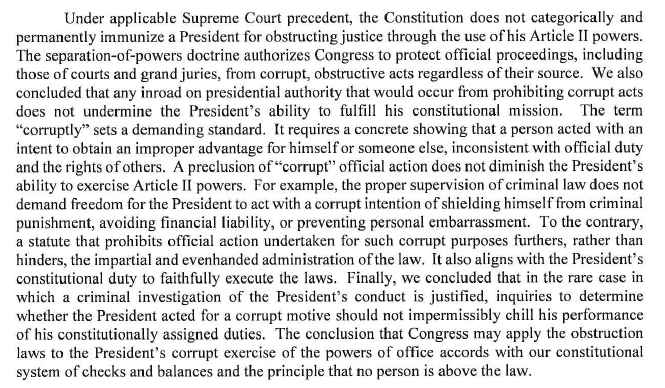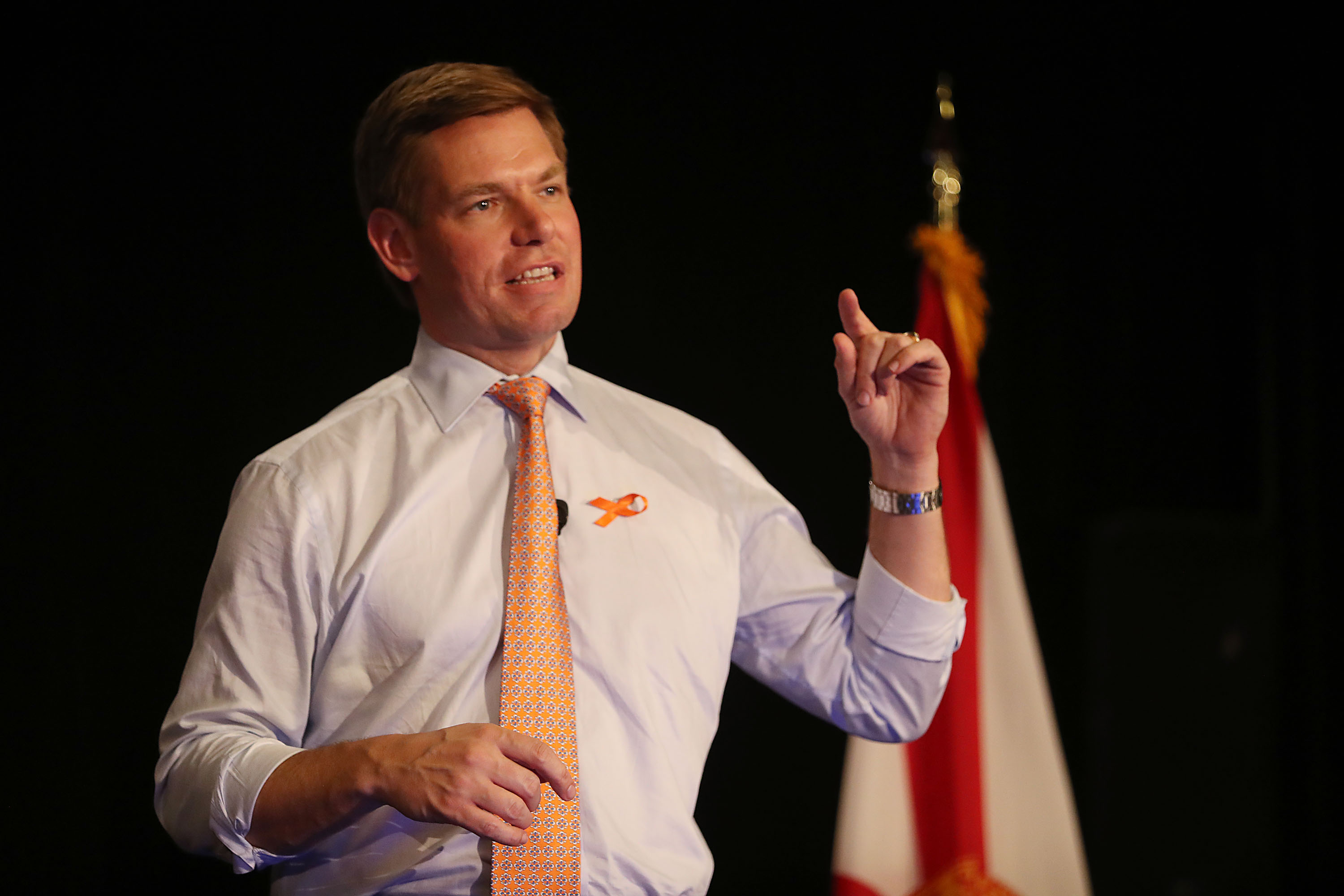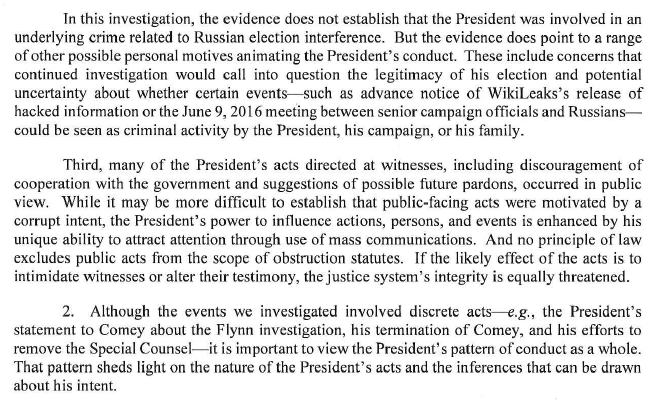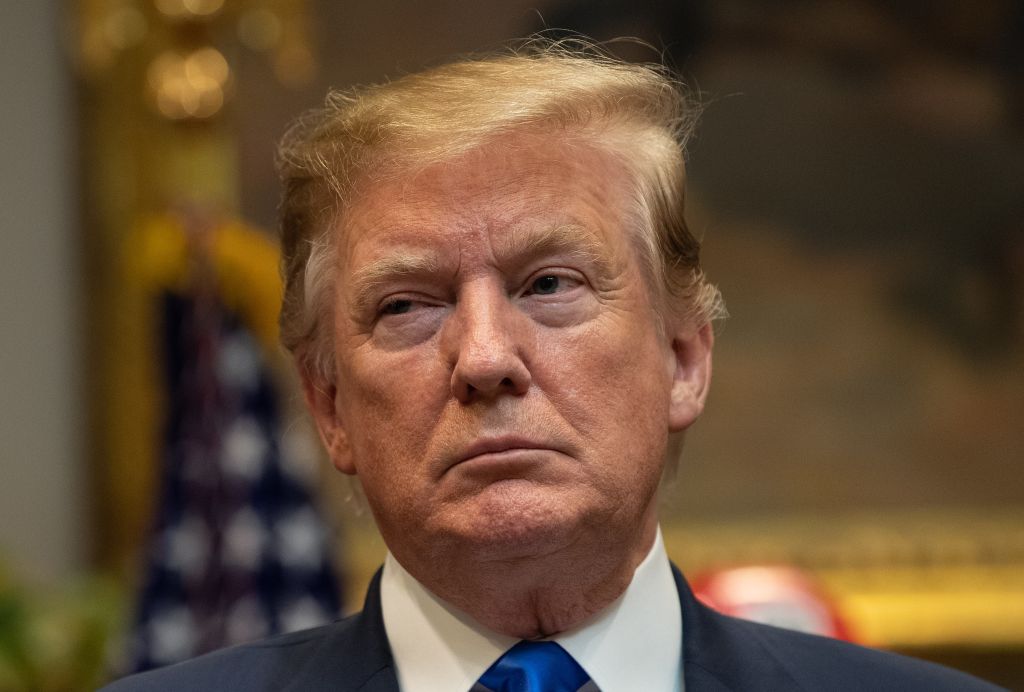
Special counsel Robert Mueller provides an extensive recounting of how President Trump and his aides handled the fallout of the June 9, 2016 meeting at Trump Tower between Russians and senior campaign officials.
The report, citing interviews with former White House communications officials Hope Hicks and Josh Raffel, says Trump directed aides on multiple occasions not to publicly disclose emails setting up the meeting. Later, the report affirms that Trump himself dictated a misleading statement to the press, saying the meeting primarily discussed adoption.
The report describes White House officials learning — sometimes with shock — about the meeting. For example, then-White House chief of staff Reince Priebus first learned about the meeting in late June 2017 from Fox News host Sean Hannity (the report does not say how Hannity learned of it).
Hicks recalls being “shocked” by the emails setting up the meeting, concerned they looked “really bad.” Together with senior advisers Ivanka Trump and Jared Kushner, Hicks discussed the emails with Trump, who told the group “he did not want to know about it” and refused to hear details of the matter. He said he was confident the emails would never leak.
When Trump learned the New York Times was working on a story about the Trump Tower meeting, Trump initially directed Hicks not to comment — which she said was odd, according to Mueller, “because he usually considered not responding to the press to be the ultimate sin.”
Later, when Hicks showed Trump a draft statement about the meeting attributed to his son, the President deemed it too revealing. He told Hicks "to say only that Trump Jr. took a brief meeting and it was about Russian adoption."
Trump Jr. expressed concern about that statement, however, insisting the word “primarily” be inserted to suggest the meeting included other topics aside from just adoption.
"Boss man worried it initiates a lot of questions," Hicks wrote back to Trump Jr. Ultimately the statement was released with the world "primarily" included.
In his report, Mueller describes finding at least three occasions when Trump directed Hicks or others not the publicly disclose information about the Trump Tower meeting. Ultimately, however, Mueller determines that Trump’s efforts were only directed at keeping information from the press.
He says they would only amount to obstructive action if there were attempts to withhold the information from congressional investigators or the special counsel’s office.
